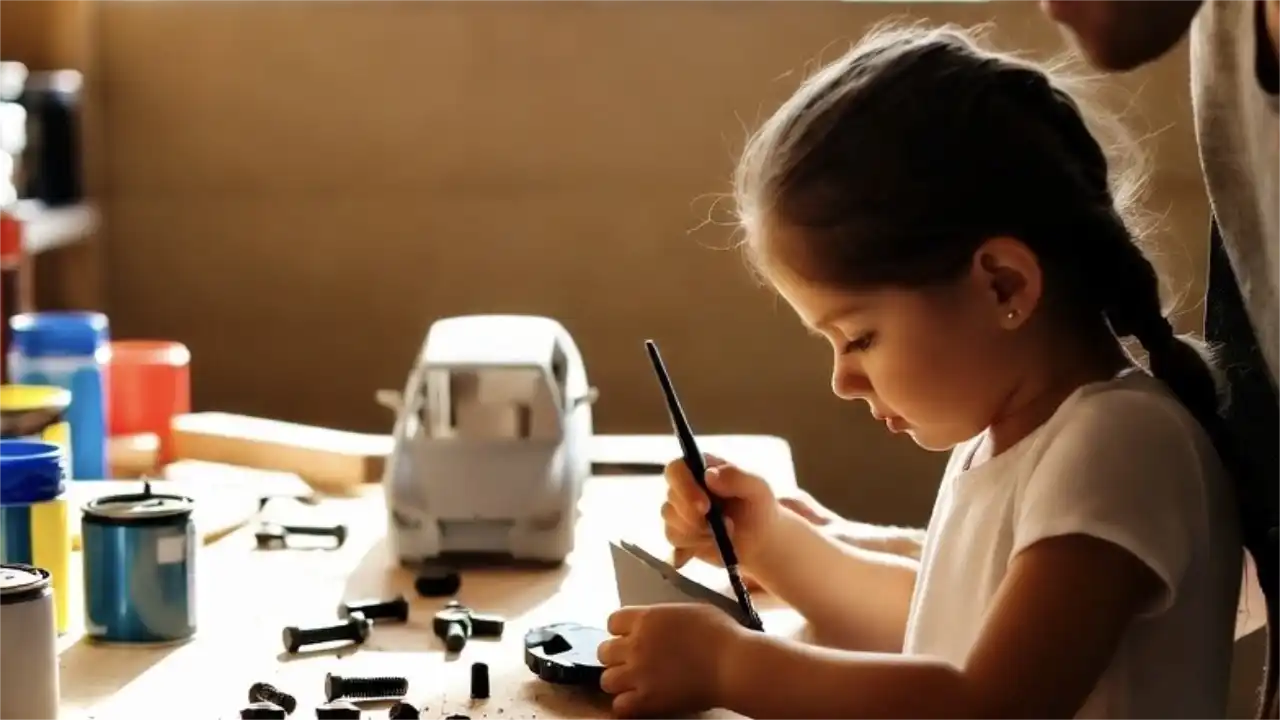
Modeling Creative Behavior: Share Your Creative Hobbies
M
y daughter once watched me tinker with a model car in the garage, her eyes fixed on the parts. “Want to help?” I asked. She nodded, and we worked side by side, tightening bolts and snapping on wheels. Over time, her contributions grew—first painting doors, then adding clever designs of her own. These shared moments weren’t just about the car. They were about learning to imagine, try, adjust, and feel proud. Children absorb the habits they witness, and when they join in your creative world, they build the confidence to explore their own.
Later that week, we baked together. She loved kneading dough, shaping her own rolls, and laughing when the flour puffed into the air. The rhythm of creation—measuring, mixing, revising—became something she looked forward to. At a family gathering, she brought her finished model car and described each part she’d worked on. That small act of presentation gave her a voice, one she would use again in school projects and creative assignments. The pattern was set: try, revise, share. That rhythm became part of how she tackled challenges, whether through art, writing, or building.
Choose something you love—gardening, crafting, cooking—and invite your child in, even for a single step. Say, “Want to help?” and let them take the lead when they’re ready. Create simple projects together each week: a shared recipe card, a photo journal of your progress, or a handmade tool rack. These efforts show that creativity isn’t a rare spark but a regular practice. Over time, your shared habits become their foundation for bold, original work they can carry into every corner of their lives.
Modeling Creative Behavior
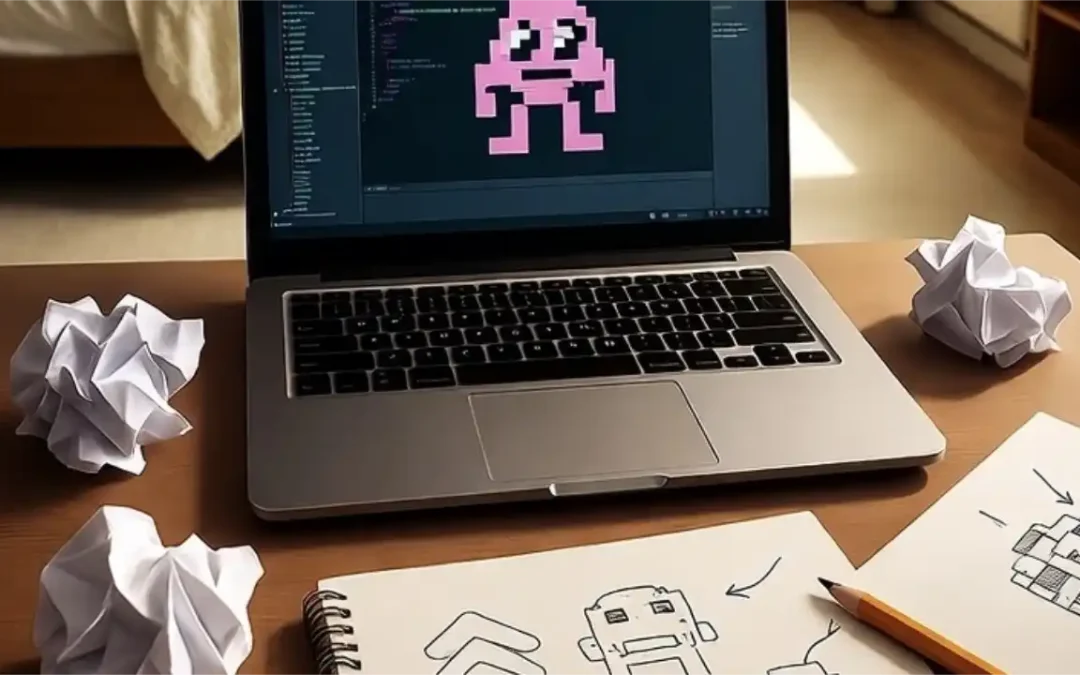
Modeling Creative Behavior: Solve Problems with Passion
Children learn deeply when they care about what they’re doing. Help them approach challenges with curiosity, enthusiasm, and emotional investment.
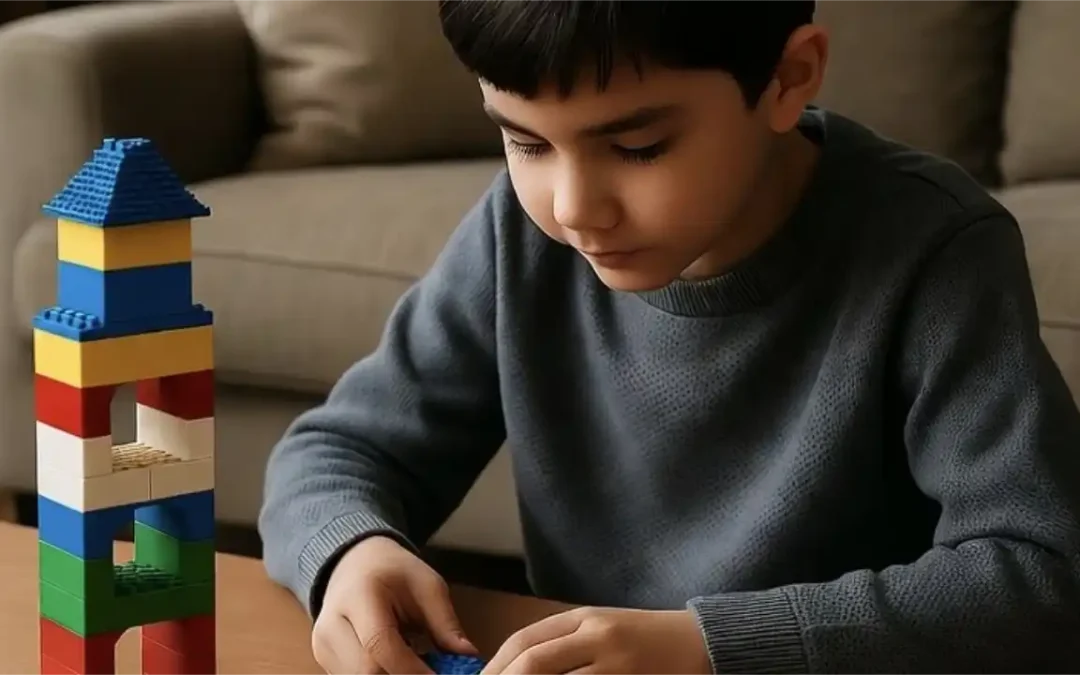
Modeling Creative Behavior: Push Through Creative Challenges
Creative challenges teach resilience and confidence. Support your child in working through difficulty with patience, curiosity, and steady encouragement.
Table of contents

Primordial Soup for the Mind: Navigation
Navigate the book Primordial Soup for the Mind.
TIPS
- Share hobbies like building or cooking.
- Praise their projects to show you value their work.
- Do activities together weekly.
- Ask “Want to help?” to start ideas.
ACTIVITIES
- Hobby Share: Do a hobby, ask, “Want to help?” Create for 15 minutes.
- Cook Together: Make a dish, talk about their ideas, 20 minutes.
EXAMPLE
My son helped me paint a fence, saying, “It’s neat!” His projects started an art hobby.

Download “Primordial Soup for the Mind: A Parent’s Guide to Nurturing Intellectual Growth”
Enter your information to get this article and hundreds more as part of the FREE book Primordial Soup for the Mind.
Share your thoughts with the Thought Academy community in the Comments section below.

Sharpen those skills!
Enter your information to get our FREE practice exercises so you can hone your critical thinking and reasoning skills!





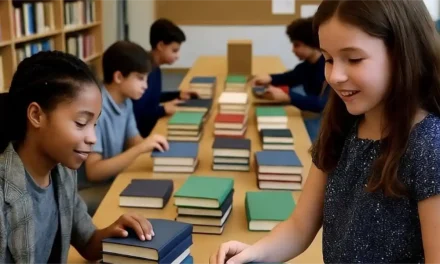
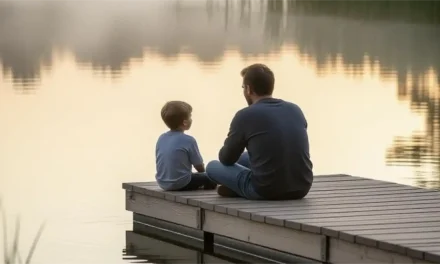
0 Comments